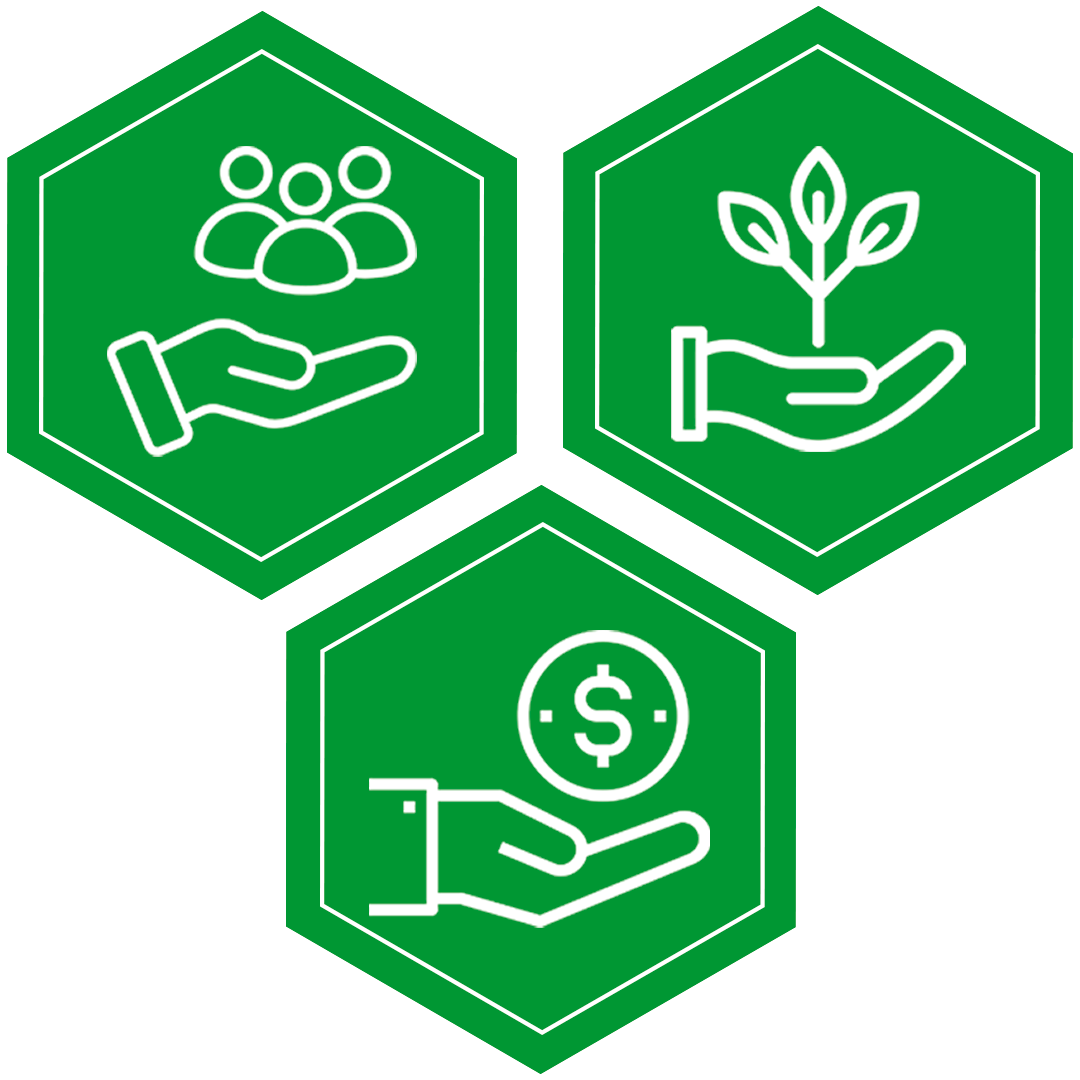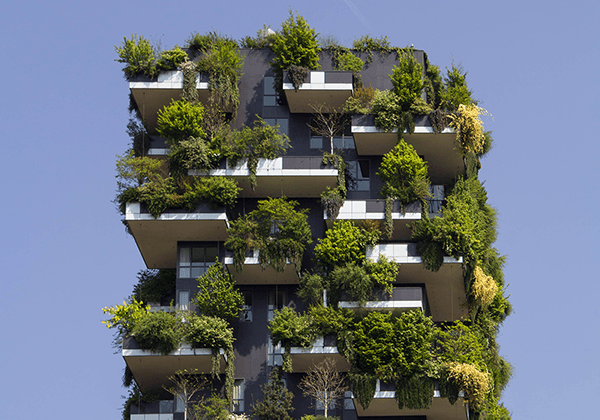
The Center for Sustainable Systems Studies – CESS / UFF aims to develop studies, research projects and technological development aimed at sustainability with regard to economic, environmental and social aspects.
Our GOAL is to identify opportunities in various areas of knowledge and economic activities with a focus on ensuring that the resources available today, while generating value for society, can also be used by future generations.
To achieve progress towards sustainability, it is necessary to maintain and improve the systems that serve human beings, as well as the well-being of the ecosystems involved in the various ECONOMIC, SOCIAL, and ENVIRONMENTAL activities.
“Our challenge is to help spread the concept of sustainability in the brazilian society.”
CESS has been active in the development of applied research and technological development, with the work of multidisciplinary teams where different areas of knowledge are integrated to achieve a common goal for the creation of a new solution or new discoveries at the frontier of knowledge.
The Study Center for Sustainable Systems was created in 2016 at the Volta Redonda School of Industrial Metallurgical Engineering, approved by the Department of Production Engineering and coordinated by Prof. Dr. Newton Narciso Pereira.

Research

Offshore Decommissioning: Analysis of the logistics chain related to the offshore decommissioning of units, removal, treatment processes of subsea equipment and inventory of hazardous materials.

Ship and Offshore Platforms Recycling: Analysis of the onshore reverse logistics chain for the recycling of vessels, operational processes of recycling yards, analysis of the recycling market, abandonment of vessels, characterization, and treatment of waste from recycling and materials recovery facilities.

Mitigation of the impacts of biofouling on marine structures: development of alternatives to mitigate the impacts of biofouling during the decommissioning process with the wrapping technique, and cleaning of offshore units, with the development of cleaning, collection and assisted removal biofouling equipment.

Reduction of moisture in iron ore: Application of techniques to reduce moisture in ores, as well as identification of the level of humidity in iron ores.

Logistics and transport: maritime, waterway and roadway transportation modes using computer simulation techniques and process optimization.

Port logistics: development of computational models to simulate port system capacity, as well as development of systems to control maintenance and operation indicators.

Humanitarian logistics: focus on developing solutions applied to rescue, combating natural disasters, with the reuse of old maritime containers for temporary and permanent shelters.

Study of environmental impacts resulting from transportation: cold ironing (supply of energy onshore to ships in port terminals), impacts of the management of ballast water from ships, solid waste from vessels, green ships and atmospheric emissions.
For the development of our research, we rely on support from our partners, as well as support labs from the University Federal Fluminense.
